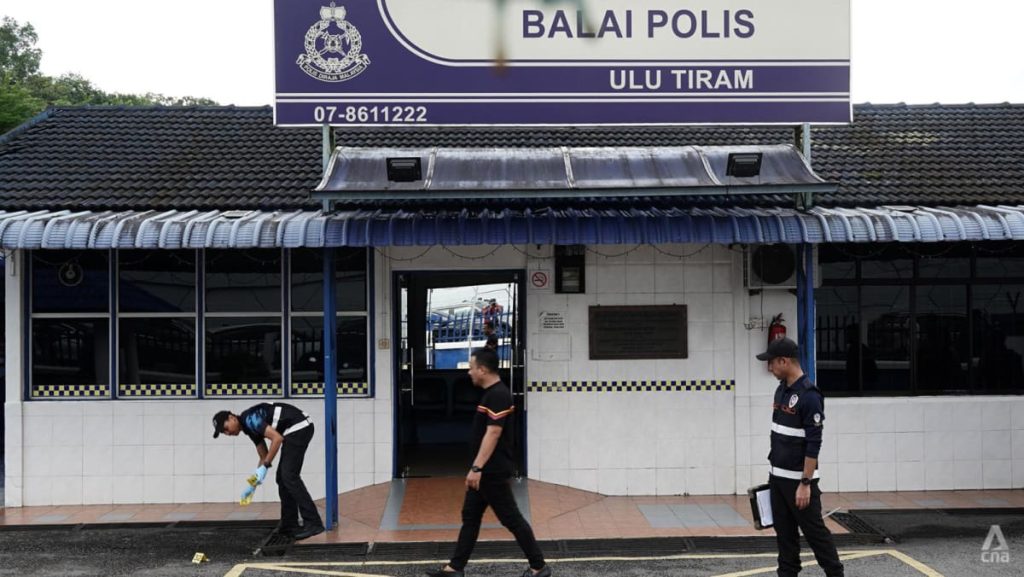The recent incident in a village in Malaysia has sparked speculation about the resurgence of the terrorist group Jemaah Islamiyah (JI). The family involved lived near a religious school or madrasa founded by JI’s spiritual leader, Abu Bakar Bashir, where notable JI militants, including the mastermind of the 2009 Jakarta hotel bombings, Noordin Muhammad Top, and one of the perpetrators of the 2002 Bali bombings, Mukhlas, had attended.
Reports from villagers indicated that the family in question was reserved and kept to themselves, with no apparent signs of extremist tendencies. Authorities have identified the suspect as a “lone wolf” and emphasized that there were no plans to pose a threat to the wider community. To investigate the case, police have interviewed 46 individuals flagged as persons of interest in their database, seeking to uncover any potential connections to the suspect or possible motives for the attack.
In a recent development, it was revealed that two individuals who were in the process of filing a police report during the attack have been released from custody. Initially detained along with the suspect’s family members, authorities had raised suspicions about their involvement in the incident, questioning the rationale behind them coming forward to report an event that supposedly occurred two years prior. The police deemed their actions as potentially serving to distract law enforcement from the main investigation.
The incident in Kampung Sungai Tiram has reopened discussions about the presence of extremist elements in the region, particularly in light of the proximity of the village to the Luqmanul Hakiem religious school linked to JI. Questions surrounding the potential re-emergence of the terrorist group have been raised, drawing attention to individuals affiliated with JI who have been involved in past acts of violence in Indonesia. The community’s shock at the revelation of the suspect’s alleged involvement in extremist activities highlights the need for continued vigilance and cooperation among authorities and residents to prevent any future threats.
As authorities continue their investigations into the incident and examine possible connections between the suspect and known extremists, the case underscores the evolving nature of terrorism and the challenges faced in countering radicalization. The release of individuals initially detained in relation to the attack raises further doubts about the motives behind the incident and the potential involvement of additional parties. The need for thorough and comprehensive measures to address radicalization and prevent violent extremism remains a priority for law enforcement agencies and communities in Southeast Asia.


